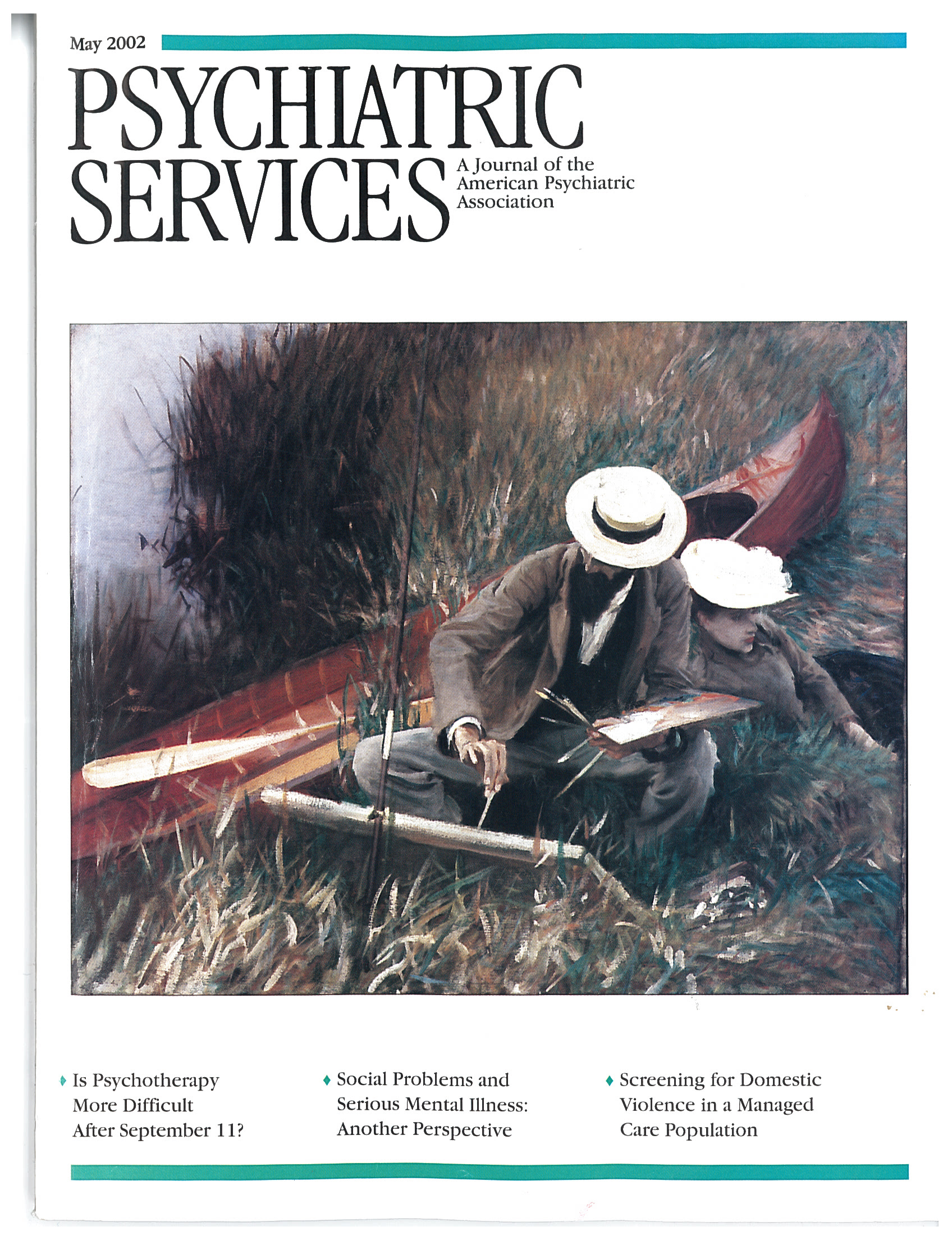In Reply:We appreciate Dr. Fisher and Ms. Ahern's comments. However, we should correct some misunderstandings of our position. First, they claim that we describe the medical model as "highly paternalistic, emphasizing illness . . ." and so forth, but we were referring to an earlier article (
1) describing Dr. Fisher's own published negative views of the medical model (
2). We were not endorsing Dr. Fisher's perspective. We strongly endorse the concept of evidence-based practice, particularly for the most seriously disabled patients, whether critics label it paternalism, the medical model, or something else.
Second, we do not marginalize the recovery approach. We highly value this approach, which we see as becoming increasingly therapeutic as persons recover. Hope, trust, and self-determination should be incorporated into any treatment model.
Dr. Fisher and Ms. Ahern reject the evidence for biochemical correlates of mental illness (
3). It is not surprising that this neo-Szaszian denial of the biological basis of mental illness leads them to discount the importance of evidence-based medical treatments engendered by the biological model.
We believe that Dr. Fisher and Ms. Ahern's "recovery-centric" interpretation of studies is a misreading of the results of these studies. We do not believe that the modest evidence supporting the recovery approach outweighs the extensive evidence supporting biological and psychosocial evidence-based treatment, particularly for the most seriously disabled among persons with mental illness.
However, the most important issue raised by their letter is not their creative interpretation. Nor is it their rejection of the value of medical and other evidence-based practices. The most important issue is the plight of neglected mentally ill persons in this country. Hundreds of thousands of abandoned and otherwise underserved seriously mentally ill persons are legally denied treatments from which they can benefit. These individuals are victims of a rights-based ideology gone awry. Nationwide, government officials and rights attorneys continue to argue for the right of cognitively impaired, often anosognosic (
4), persons to refuse treatment, including treatment for which there is a solid evidence base. Many of these rights apologists assert that they are arguing on behalf of all consumers, frequently citing the views of the National Empowerment Center and similar consumer advocacy entities (
5). Claims such as "We know—we recovered from schizophrenia" afford a patina of legitimacy to the arguments of these consumer advocates.
But we, too, are in recovery from schizophrenia or other psychotic disorders. Some very recovered—even "fully recovered"—consumer-survivor advocates oppose evidence-based assisted treatment for persons who are too impaired to understand its value. But, increasingly, recovering persons realize that we have serious biologically based conditions that at times prevent us from appreciating or understanding that treatments for which there is a solid evidence base can and must be made available to all those suffering from these disorders.
Many consumer advocates are now recognizing that the right to refuse treatment, even when cloaked in the mantle of the recovery model, should no longer be allowed to trump the delivery of evidence-based treatment for those who are most seriously disabled. Whether the negative experiences of consumer-survivors such as Dr. Fisher and Ms. Ahern or our more positive experiences with evidence-based treatments are more generalizable is itself an issue for evidence-based research.

